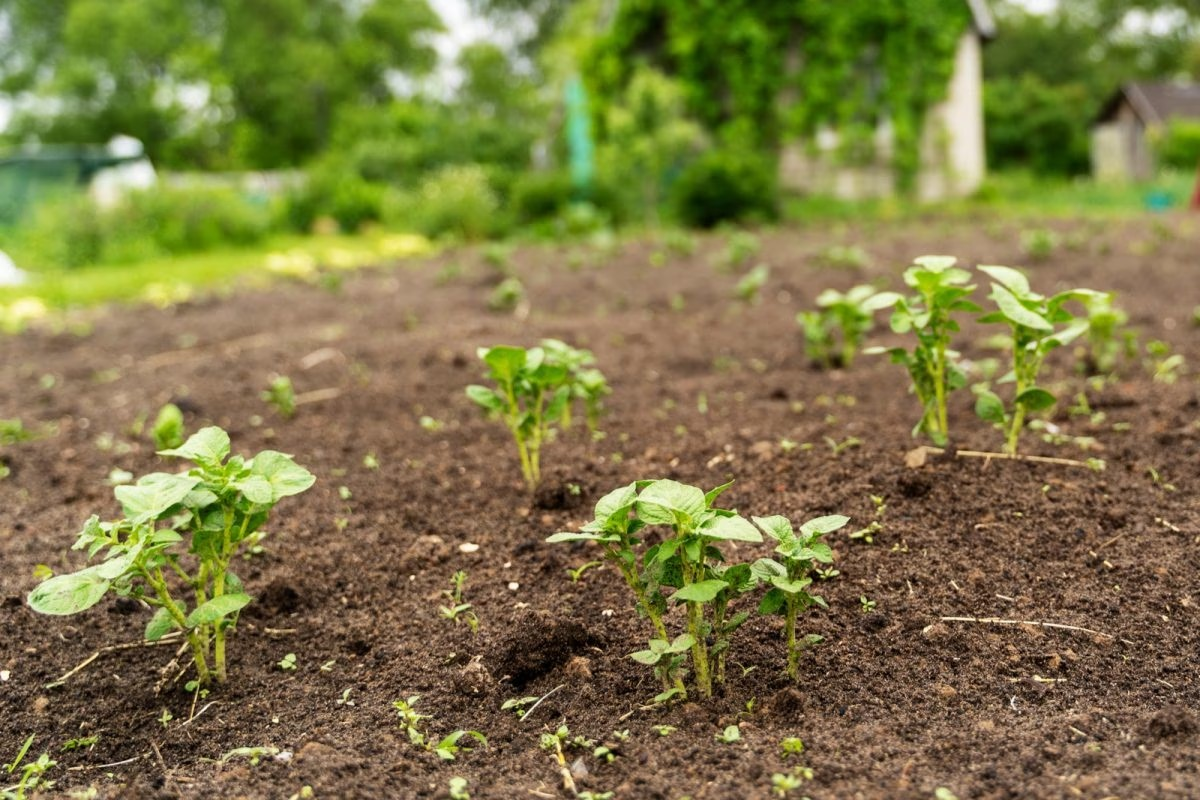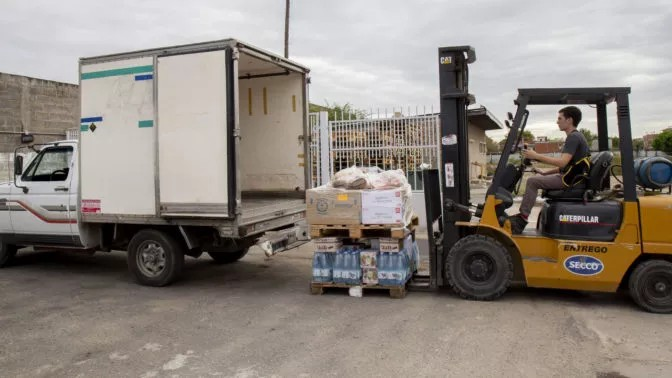Lesson of the Day: ‘The Meaning and History of Memes’
In this lesson, students will learn the story of a popular social media phenomenon. Then, they will create a how-to for making memes and nominate their favorites for a meme Hall of Fame.
Do you like memes? Have you ever created one? Do you have a favorite meme you have seen on social media? What’s the last one you received or shared? Do you have a go-to meme format to express your thoughts and feelings?
Internet culture is saturated with memes, but how would you explain memes to someone who doesn’t know what they are?
In this lesson, you will learn the story of a popular social media phenomenon. Then, you will create a how-to for making memes and nominate your favorites for a Meme Hall of Fame.
Warm-Up
Before reading the article, in writing, explain what a meme is to someone who has never seen one — perhaps a grandparent or a younger child. In your description, you might want to refer to some specific memes and meme trends that you like, love or hate.
Next, find a partner and share your explanations: What did you notice? What similarities and differences did you find? Finally, discuss why you think memes are so popular on social media.
1. The article shares several different definitions and explanations of the word “meme.” Which did you find most useful or illuminating? How did these explanations compare with yours from the warm-up activity?
2. What details in the history of the meme did you find most interesting or surprising?
3. Alexis Benveniste writes, “Noteworthy pop culture events are breeding grounds for meme creation.” What examples from your own experience support this claim?
4. How does the article explain the prevalence and popularity of memes in our culture? How does creating and sharing memes facilitate a sense of community online while maintaining a feeling of exclusivity? Does that ring true of your own experience with memes?
5. What might be the future of memes, according to the article? What do you see as their possible evolution in five or 10 years?
6. The popular meme creator Saint Hoax said that “memes are basically editorial cartoons for the internet age.” Do you agree? What do you think memes can tell us about our culture or the times we live in? What questions do you still have about the subject?
Going Further
Option 1: Create a how-to guide for making memes.
Building on your writing in the warm-up activity, create a guide with tips and dos and don’ts for beginner and wannabe meme makers.
Your guide should include:
A simple definition of a meme
What makes a good meme — and a bad one
A few examples of effective memes
Places to find the best memes
Option 2: Nominate a meme for the Meme Hall of Fame.
Imagine that a Meme Hall of Fame was created — in the style of the Rock & Roll Hall of Fame or the Baseball Hall of Fame.
Sad Ben Affleck. Crying Michael Jordan. Galaxy Brain. Pondering My Orb. Woman Yelling at Cat. Spider-Man Pointing at Spider-Man.
What three meme trends or formats — past or present — would you nominate for the inaugural class, and why? Be sure to describe the meme and its meaning and what makes it worthy of the Hall of Fame.
You might look through this compilation of memes to help you with your choices.
Share your picks with your entire class and then hold a vote to determine the first five inductees in the Meme Hall of Fame.
Option 3: Create a meme.
Now, it’s your turn! Create a funny, nonsensical, topical or educational meme. The theme, topic and tone are up to you. You can use an existing meme format or build your own. Be sure to explain the meaning of your meme and why you think it’s a good or effective one. To help with your creation, you might use a free online meme generator by Canva or Imgur.
Afterward, share your meme in a class celebration of the emerging and evolving art form.



Comments